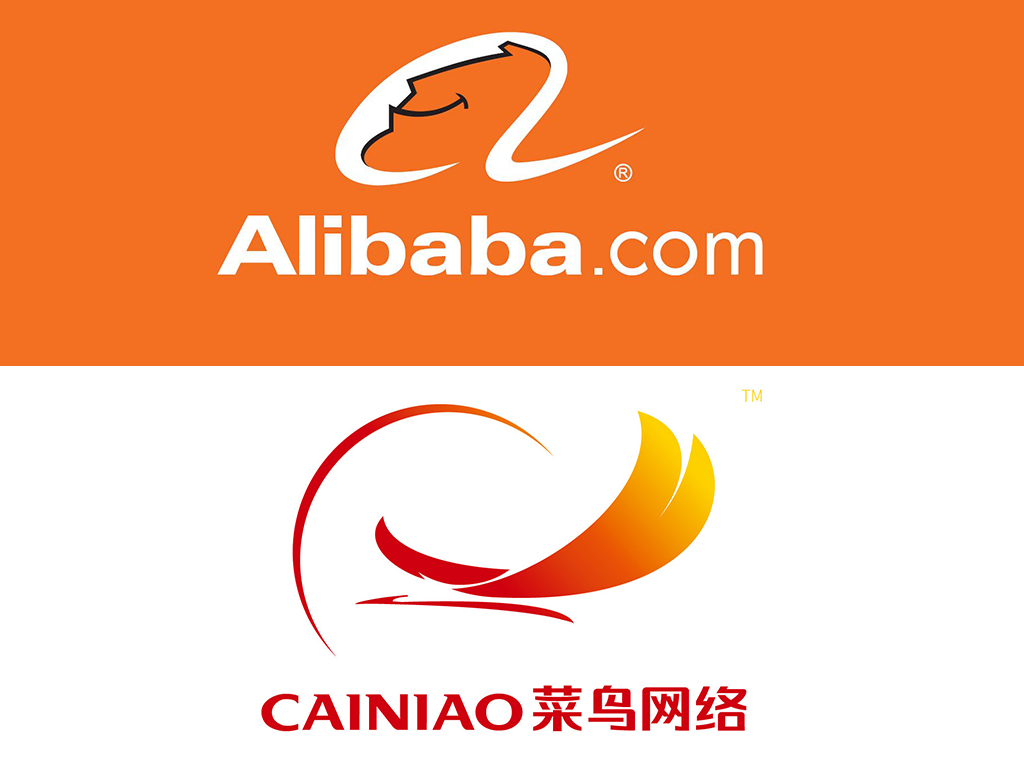Alibaba grows revenue in Q4 as net income nearly halves
 Alibaba Group Holding Limited announced that it grew revenue 7% year over year in its fiscal fourth quarter ended March 31, 2024, but income from operations decreased 3%. Meanwhile, net income decreased 96% compared to the prior Q4.
Alibaba Group Holding Limited announced that it grew revenue 7% year over year in its fiscal fourth quarter ended March 31, 2024, but income from operations decreased 3%. Meanwhile, net income decreased 96% compared to the prior Q4.
For the full year, Alibaba revenue grew 8% over 2022 and operational income increased 13%. Net income increased 9%.
In a statement announcing quarterly earnings, Alibaba attributed the net income drop in the quarter to “a net loss from our investments in publicly-traded companies during the quarter, compared to a net gain in the same quarter last year.”
CEO Eddie Wu said in the statement that the company’s China and international commerce businesses realized double-digit year-over-year GMV growth through their focus on the customer experience. The management are also excited by the accelerated growth of customers and cloud computing revenues related to Alibaba’s AI products.
Alibaba’s Cloud Intelligence Group grew revenue 3% year over year to about $3.55 billion. Its cloud offerings include elastic compute, database and AI products.
In a May 14 earnings call with investors, Wu said Alibaba’s “core business has gradually returned to healthy growth” after several quarters of “adjustments and continued user experience enhancement.”
Alibaba owns the world’s two largest online marketplaces by gross merchandise value (GMV), Taobao and Tmall.
For the full 2023 fiscal year, Alibaba grew revenue to $130.35 billion. At the same time, it grew operational income to nearly $15.7 billion and net income to $11.04 billion.
In Q4, Alibaba revenue grew to about $30.73 billion. It attributed that growth to increased investments in its ecommerce business.
Alibaba International Digital Commerce Group (AIDC), the company’s ecommerce division, grew revenue 45% year over year in Q4, to $3.80 billion. The combined orders on its marketplaces grew 20% in the same period. It attributed the performance to growth in its cross-border business broadly and the AliExpress marketplace specifically.
Wu told investors the company has “completed adjustments to Alibaba Cloud’s product strategy for the AI era.” He added that AI-related revenue more than doubled, increasing in the triple digits year over year in Q4. Wu said he believes this “wave of generative AI-driven technological innovation is in the early stages of the industry cycle.”
Starting in 2024, he said, Alibaba has seen a “rapid increase in customer demand for AI.” As a result, Alibaba is investing in its cloud-computing product matrix and — in Wu’s words — “especially in AI infrastructure.”
Alibaba withdrew Cainiao’s application for an initial public offering (IPO) in March, Wu stated. Cainiao is a logistics company that Alibaba and other companies launched in May 2013.
Cainiao provides essential infrastructure to Alibaba’s core ecommerce business and Wu hopes Cainiao will strengthen its synergies with the company’s Chinese domestic and international e-commerce operations. Alibaba Group will continue to support the expansion of Cainiao’s global logistics network.
Jiang Fan, AIDC’s CEO, said Cainiao’s cross-border logistics capabilities have helped AliExpress. He said “synergies” between the two have made AliExpress more competitive, with five-day and 10-day completion rates both doubling year over year.